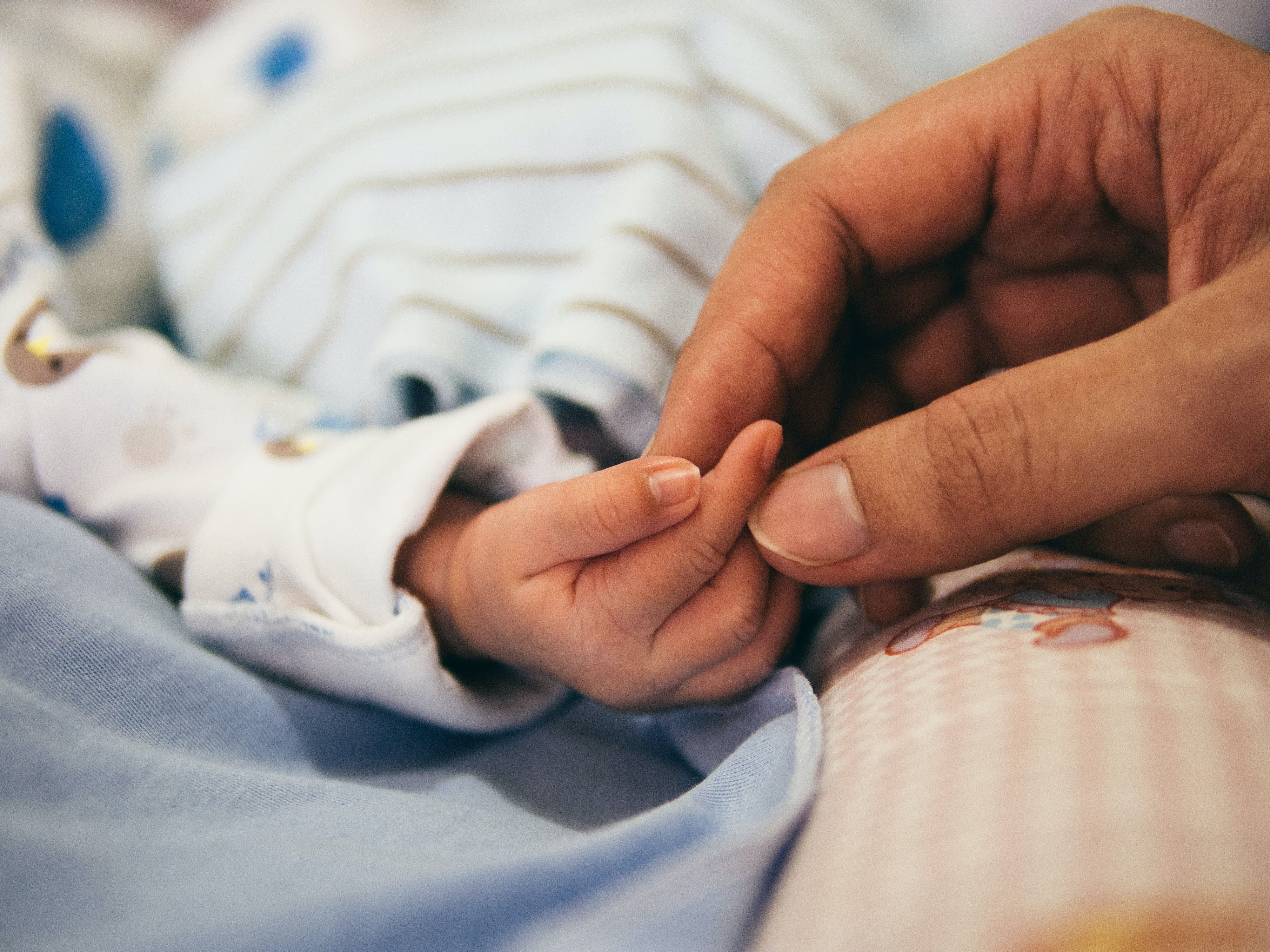Since we were children, our family and friends have told us to drink water every day. They say it is important for our body.
The most important thing is to drink clean water. Today, this fundamental right is being denied. Please read our blog on this subject.
But why is it so important? We hear many different things, what truths are hidden behind this abundance of information? Find out and decipher by reading this blog.
CONTENTS:
1. Hydration is as important as nutrition for our well-being
Water maintains the volume of blood in the body
Water maintains saliva levels
Water regulates our body temperature
Water eliminates waste through urine
Water keeps your skin beautiful
2. When should you drink more water?
Thirst and hunger
Diuretic beverages
Physical activity
Decreased attention and headaches
Bad breath or dry mouth
Heat
High altitudes
Fever
Diarrhoea
Hangover
Pregnancy
To conclude ...
1. Hydration is as important as nutrition for our well-being
Our body requires 3 essential things in an important order; breathing, drinking and eating.
We will only survive 30 days without eating, 3 days without drinking and 3 minutes without breathing. But what exactly are the benefits of hydration for our bodies?
Water makes up about 60% of an adult's body mass. It is therefore clear that its role in our body is predominant. The main functions are:
Water maintains the volume of blood in the body
Water maintains saliva levels
Water regulates our body temperature
Water eliminates waste through urine
Water keeps your skin beautiful

a. Water maintains the volume of blood in the body
Oxygen is our body's main necessity. But to transport it throughout the body, we need water.
Oxygen is carried by the blood to the muscles and the brain, all pumped by the heart. This blood is made up of 55% plasma, which is itself 90% water.
b. Water maintains saliva levels
Saliva facilitates the absorption, transport and digestion of the food we ingest. This same saliva is 90% water.
Its main job is to absorb nutrients that are essential for the functioning of our body. It is therefore important to keep a good level of saliva in our mouth.
c. Water regulates our body temperature
The body temperature fluctuates between 36 and 38 degrees.
This temperature varies according to physical effort, fever, exposure to heat or sun. To regulate it, the body sweats and expels water.
When the body's water content is too low, temperature regulation through sweating is no longer possible and health can quickly deteriorate.

d. Water eliminates waste through urine
Some of the nutrients consumed by our body are used to make new tissue cells, as a "continuous repair" of our body. Another part of these nutrients is consumed in each cell to provide energy.
These different transformations of nutrients produce waste products called urea. These waste products, at the level of each cell, are evacuated by the blood and filtered in the kidneys. Water plays another role here by allowing the evacuation of these wastes in the urine.
Urine, 90% of which is water, therefore eliminates the body's natural waste products, as well as other undesirable molecules or products: alcohol, heavy metals, drug residues, etc.
Good hydration therefore promotes the elimination of toxins. In addition, too little water consumption can lead to urinary tract irritation, urinary tract infections and even kidney disease.

e. Water keeps your skin beautiful
The first thing people see about us is our skin. It is important to keep it healthy because it protects us from external agressions. A healthy skin is the first effective barrier against infections.
Our skin is 80% water. When we drink, we allow cell renewal and improve the elasticity of the skin, which appears smoother, tighter and more supple.
There's nothing more unpleasant than the feeling of tight skin on your back, face, hands due to lack of moisture... Does your skin feel surprisingly crinkly when you pinch it between your thumb and forefinger? Start by drinking large glasses of water several times a day. You'll avoid stress and delay buying skin moisturizers.
2. When should you drink more water?
It is quite natural to drink during meals, from time to time during the day, but in reality, what are the warning signs that you should drink water?
Thirst and hunger
Diuretic beverages
Physical activity
Decreased attention and headaches
Bad breath or dry mouth
Heat
High altitudes
Fever
Diarrhoea
Hangover
Pregnancy
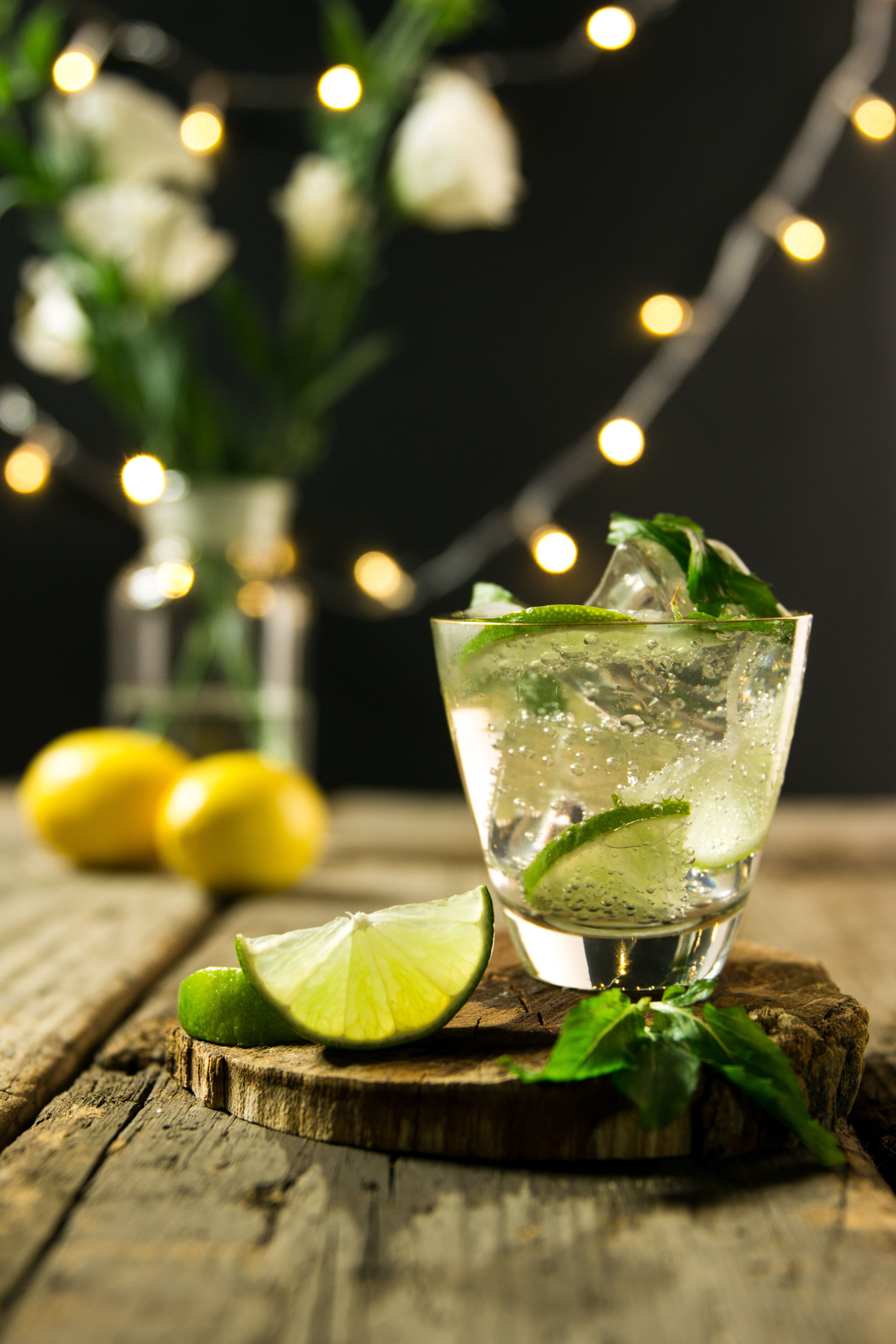
a. Thirst and hunger
Thirst is the result of too little water in the blood or near the cells (as explained above). The body then demands water to stay hydrated and to continue functioning.
However, thirst can also be triggered simply by a thought of our favourite drink, so it is said to be a behavioural component.
Water can also come from the food you eat. This is why it is also important to drink water when you feel hungry, if what you eat does not contain enough water.
But beware, when you feel thirsty, your body's supply has already decreased. You should therefore drink regularly, without waiting to feel thirsty.
b. Diuretic beverages
A diuretic drink is a drink that makes you urinate. All drinks contain water, but some have a negative result: you end up eliminating more water than you take in. Not a good way to stay hydrated...
Common diuretic drinks are coffee, green tea and sweetened soft drinks.
It's nice to drink a hot drink like coffee or tea. It's even good for your morale! We should be careful to drink water to compensate for the diuretic effect of these drinks, and not wait until we are thirsty. Caffeine stimulates urinary secretion. And tea also contains caffeine.
For every cup of liquid ingested containing caffeine, the body secretes more than one cup of urine. So you need to drink more to compensate.
Soft drinks also require us to drink more water. Indeed, the sugar they contain limits the capacity of our cells to absorb water. This water is then eliminated by our kidneys. It is therefore certainly necessary to drink water in addition to soft drinks to stay well hydrated.
To put it simply: you can't replace water with coffee, tea or soft drinks.
c. Physical activity
During any physical activity, sweating is natural and necessary to regulate body temperature.
When we sweat, we lose water, so we need to replace it.
Another indication of the need to drink water is the presence of muscle cramps. This means that the cells urgently need water.
It is important to drink well after any exercise or physical work. To do this, take a water bottle with you, either stainless steel or plastic but with a filter.
d. Decreased attention and headaches
Water is essential for proper brain function and mental health. Poor attention span is an early warning sign of a lack of hydration.
When this increases in intensity, headaches appear and impair our work completely.
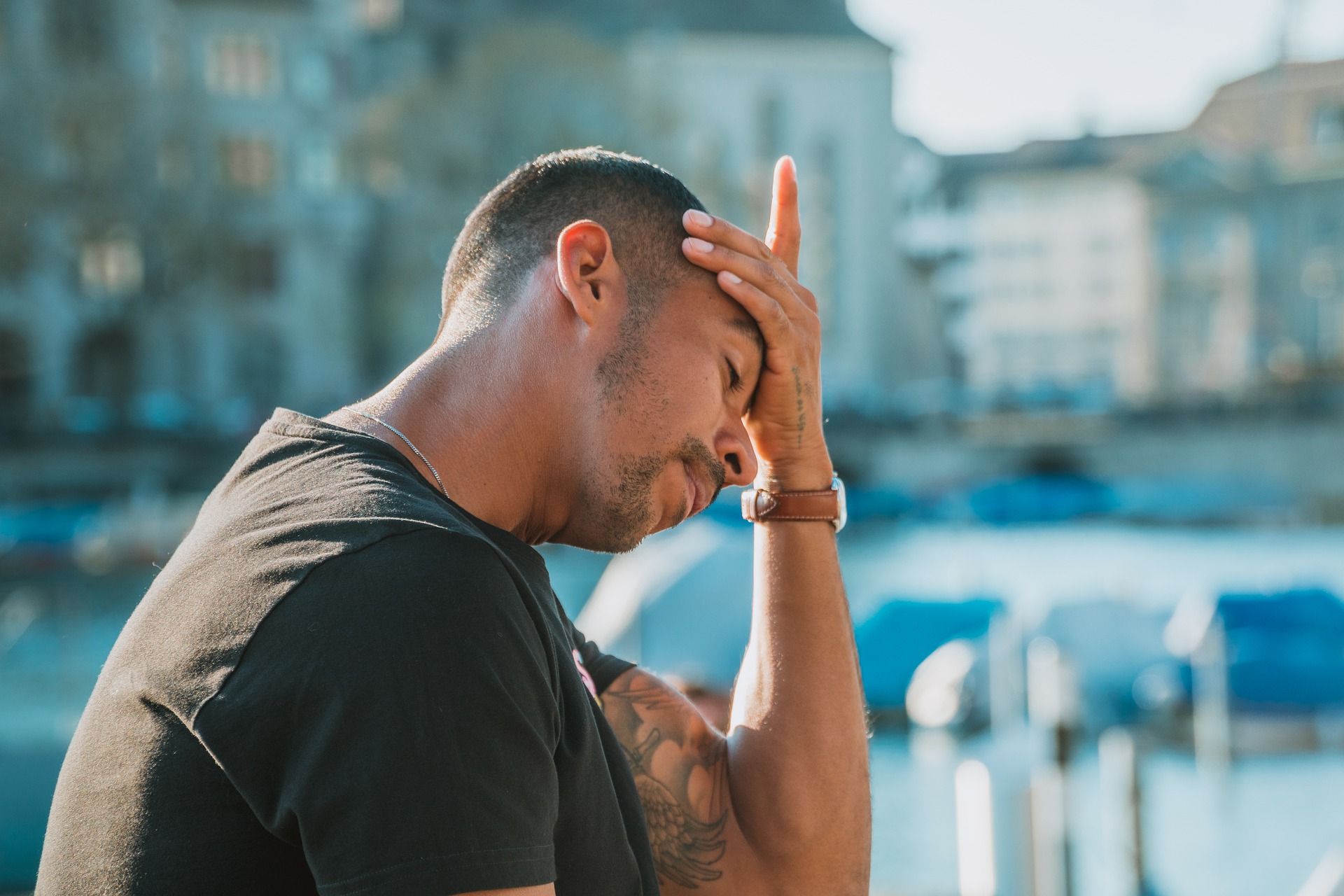
e. Bad breath or dry mouth
Bad breath or "dry mouth" is a direct consequence of a lack of saliva and an indirect consequence of poor hydration.
If bad breath persists despite hydration, don't hesitate to take a chewing-gum to relieve yourself.
f. Heat
Again, this is part of the regulation of body temperature, like physical effort. When it's hotter, you sweat more, so you lose more water. It's a vicious circle.
g. High altitudes
The more we breathe, the more water we use (lose). This is because the air expelled from the lungs contains a lot of water vapour. As altitude increases, oxygen becomes scarcer and so we have to breathe more to get enough oxygen to the body parts.
People living at high altitudes therefore have to drink more than people living at sea level.
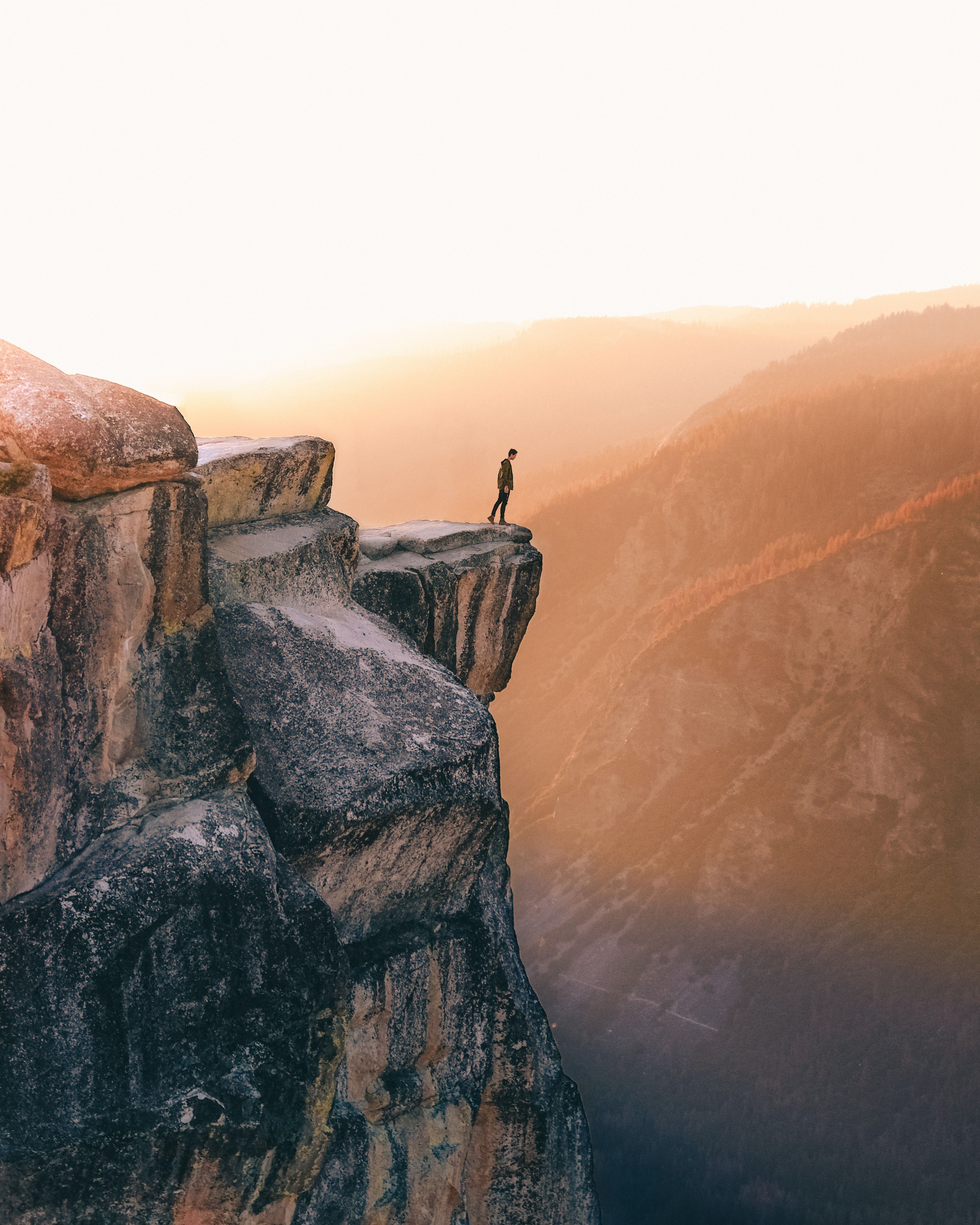
h. Fever
Again, a consequence of poor hydration: temperature regulation. In addition to being feverish, one should not become dehydrated as this can increase the fever, which is not at all a desirable effect.
i. Diarrhoea
Nobody likes to have diarrhoea, that's obvious. Diarrhoea is caused by a malfunctioning colon. The consequence of diarrhoea is poor absorption of nutrients and water.
If water is not absorbed, it does not pass through the body. It is important to hydrate during diarrhoea to reduce this lack. Indeed, dehydration can be very rapid in the case of diarrhoea, certainly among the youngest and the oldest.
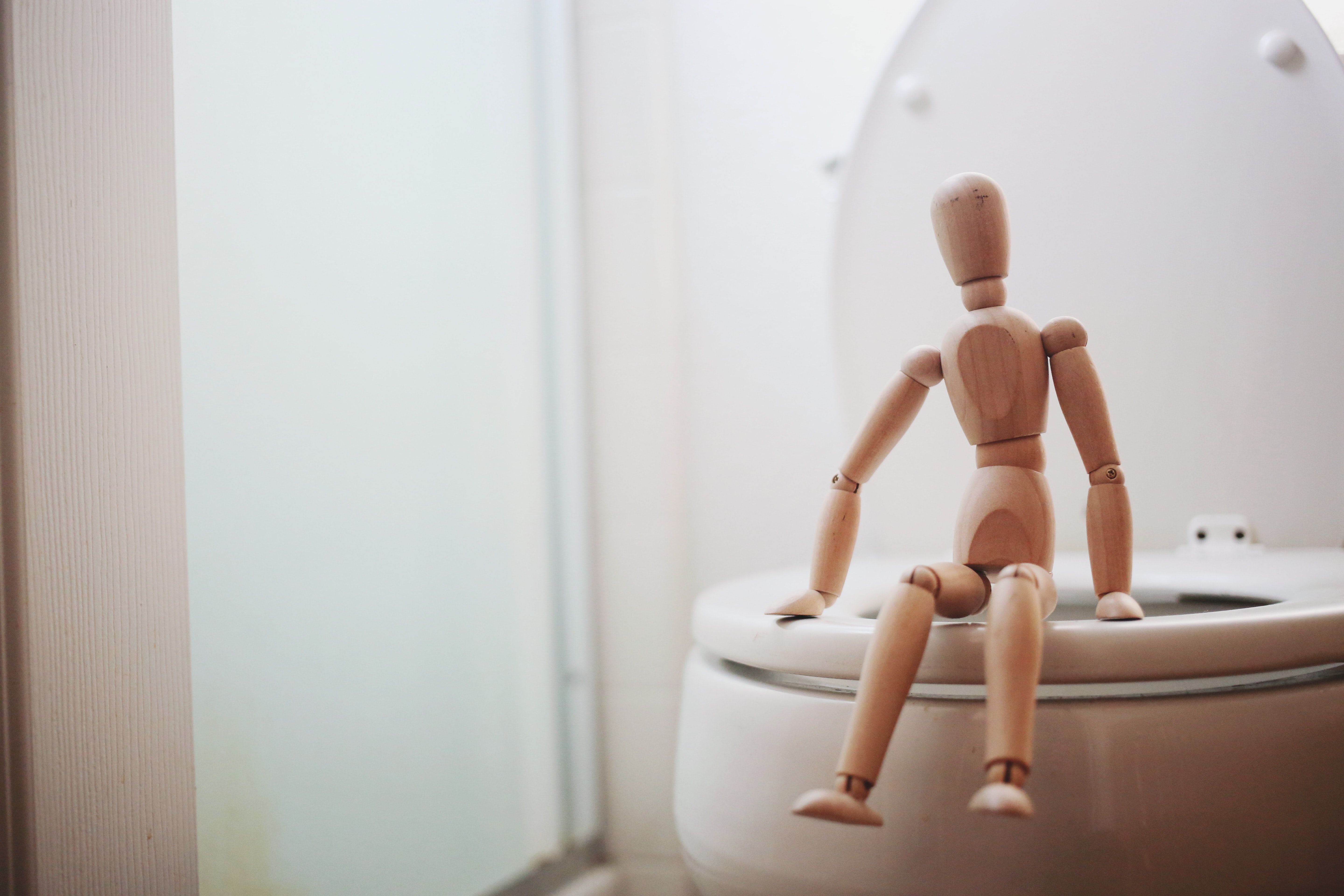
j. Hangover
Aaaaaaah the hair ache, after a drunken evening with friends. We've all experienced it. It makes good memories or no memories at all if the consumption was really excessive... ;)
The next day, the headache, stomach ache and dizziness make you regret the previous day's alcohol consumption.
But why does it hurt so much? It is actually dehydration, inflammation, headache and stomach irritation that are causing us pain.
Dehydration is caused by the diuretic effect of alcohol. Or more precisely, alcohol limits the production of an antidiuretic hormone. So you don't pee as much, got it? In addition, alcohol in the blood limits the permeability of the cell wall to water. As the brain is a major consumer, this makes the situation even worse.
The first tip is to drink water to help ease the discomfort and to eat a good portion of your favourite food to treat your stomach.
A second piece of advice: drink water between each glass of alcohol, you will enjoy the evening just as much and the next day will be much less difficult because the lack of water will not be present.

h. Pregnancy
When you are pregnant, you are living for two. So the need for water is also greater. Not twice as much, because the little nugget inside you is not your size, but it drinks anyway.
Sometimes an adverse effect can be water retention, whether you are pregnant or not. This does not change your water requirements.
After pregnancy comes breastfeeding, milk is also largely made up of water. It is therefore important to drink more to compensate for this.
